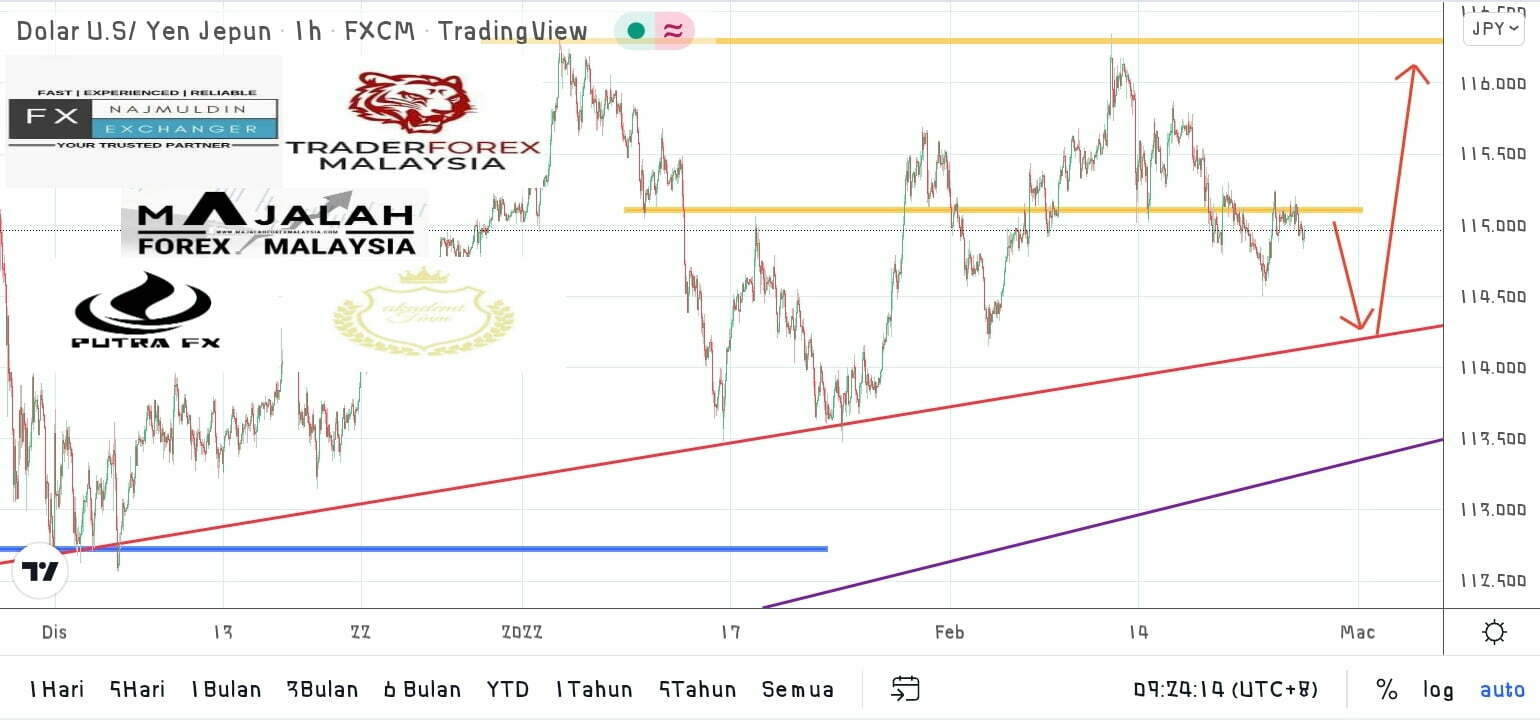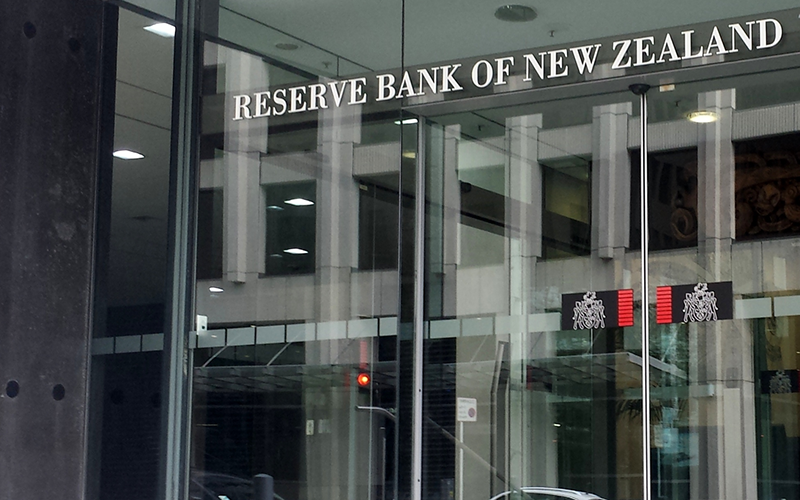The Federal Reserve has spent the past year trying to break the US economy. In the face of scorching inflation, the Fed rapidly hiked interest rates in an attempt to slow down the wheels of the economy and get rising prices under control. Chair Jerome Powell made these intentions clear at a press conference earlier this year, telling reporters that “pain” would be required to bring inflation down.
But breaking the economy has proved quite difficult. Yes, the Fed has slowed activity in certain corners — most notably the housing market — but by and large the economy is still standing. In fact, rather than slowing down, it appears ripe to get even stronger over the next several months.
The Fed has hinted that it may ease up on its rate hikes as inflation starts to improve, but a suddenly surging economy may force it to put the pedal back to the metal. When that happens, investors and consumers better buckle up: There will be more pain ahead for the stock market and the US economy.
The US economy is chugging along
Despite the near-constant proclamations that the US has been teetering on the precipice of a recession all year, the real surprise is just how resilient it has been. And there are even signs it’ll get stronger from here.
The most obvious reason is that supply-chain pressures are easing. Instead of looking at empty shelves or dealer lots, businesses have been able to get the products they need and, in turn, people have been able to spend their money on the goods they want. Cars are a great example: Total light auto sales in October hit an annualized pace of 14.9 million, the best since January. The growth is so strong that if auto sales stay at their same pace, they will add a whopping 1.5 percentage points to gross domestic product just by themselves.
Other industries are also digging themselves out of deep holes, and a long pipeline of demand will help them boost the economy well into 2023. Take aircraft manufacturers: Boeing had a stretch of bad years between the 737 Max problems and the coronavirus pandemic. Today, the company is seeing new orders roll in, pushing up aircraft production with plenty of runway for continued growth. Pun definitely intended.
The other good news for the economy is that the bad news isn’t getting any worse. Government spending dropped off in 2022 and helped drag down GDP growth, but with money set to roll out next year from the bipartisan infrastructure package and Inflation Reduction Act, this situation will reverse. The building markets, for homes and new commercial real estate, have been hammered by the Fed’s rate hikes — declines in building investment have cut into US GDP growth for six consecutive quarters. But after the initial shock and a leveling off of mortgage rates, consumers’ homebuying intentions have actually picked up. Looking internationally, the problems that rocked the globe in 2022 — from the war and energy crisis in Europe to China’s zero-COVID policies — almost certainly can’t get more painful, and have even shown signs of improving.
Finally, financial market conditions have been easing of late. Bank of America’s Global Financial Stress Index, a broad measure that tries to capture the health of the stock and bond markets, has improved for over a month and is now where it was at the time of the June Federal Open Market Committee meeting. A stock-market rally and improving corporate debt markets don’t exactly scream “a recession is nigh.”
One way recessions work is through an element of surprise: Companies assume things will be OK, and when an economic shock hits they scramble to dump products, halt big investment plans, and stop hiring new workers. But this time, the opposite is true. The recession talk has been so pervasive that almost all companies are girding themselves for a downturn. So if a recession doesn’t come and the economy speeds up, what happens? The process works in reverse. Firms will be caught flat-footed, and that means a period of catch-up will ensue as they order more goods, try to hire more workers, and restart investments. For a Fed that is trying to slow the economy, this is not a welcome development.
If you don’t succeed, try again
At the moment, the Fed, like many companies, appears to be offside on economic growth. There are rumblings that the central bank is planning to pivot toward a slower pace of interest-rate hikes — a signal it believes the economy is weakening enough to bring down inflation. But as I outlined above, the opposite is true: Real growth is picking up. This will make the Fed’s job even harder and force it to dispense with the “pivot” before it really begins. At a minimum, it’s tough to cut interest rates when the economy is defying expectations.
For the average American, this resilient economy is a double-edged sword. On the one hand, the start of 2023 will seem great. Household finances and the labor market will be strong. But the happy New Year could result in pain down the line. Even with improving supply chains, a mad scramble by companies to catch up with higher-than-expected consumer demand would keep inflation higher than the Fed’s 2% goal. This, in turn, would force the central bank’s hand. Instead of a softening economy and moderating prices allowing the Fed to pivot toward a more relaxed policy, a robust economy and stickier inflation would push it to continue hiking interest rates for longer than anticipated. The Fed has explicitly said higher unemployment is a way to achieve its inflation objectives, so it could continue rate hikes until there is a meaningful deterioration of the job market — layoffs that have gripped a few sectors would start to broaden out and cause more widespread “pain” for households. Americans could be faced with a boost in the first half of the year and a swift kick from interest rates further down the line in 2023.
And if American households are going to eventually face the payback of this stronger-than-expected economy, then markets are going to take it even worse. That’s because investors are taking the Fed’s current tone softening one step further and pricing in interest-rate cuts by the end of 2023. But given the strength of the economy and likelihood of a slower-than-expected decrease in inflation, there’s little to no chance the Fed will be cutting by this time next year. At a minimum, I wouldn’t expect a dovish bias. If that’s right, we might be seeing yet another false dawn in the stock market.
In an economy where bad news is good news, and good news is bad news, Americans’ ability to power through the Fed’s rate hikes and record-high inflation may paradoxically hurt them down the line. Powell’s promised pain is going to come — it’s just a question of when.












